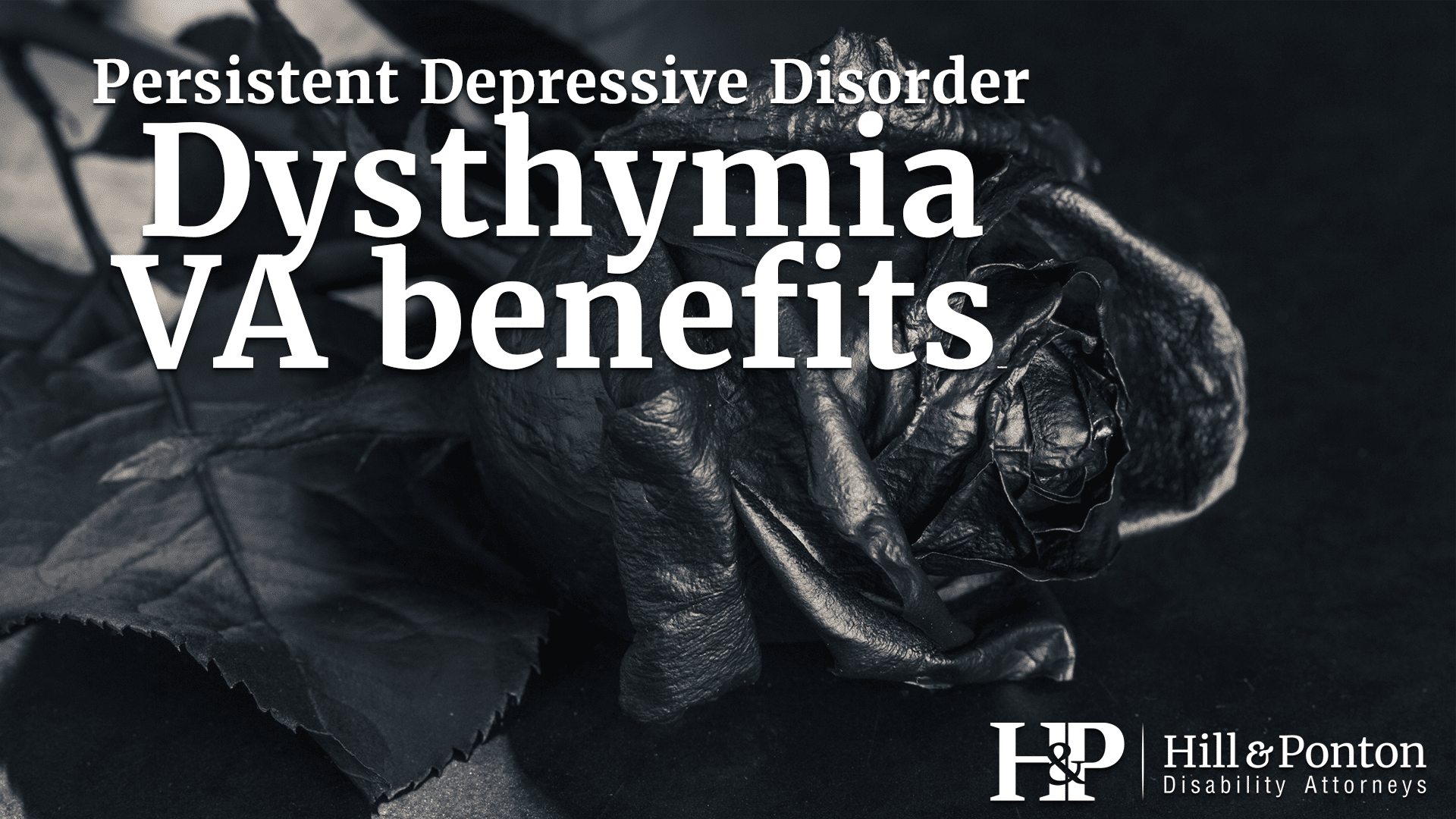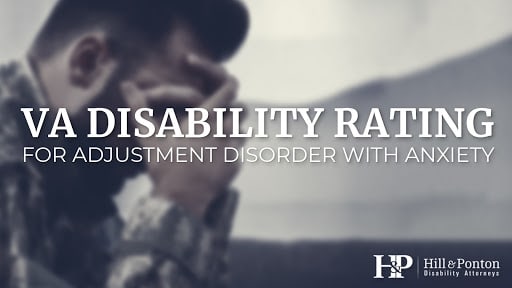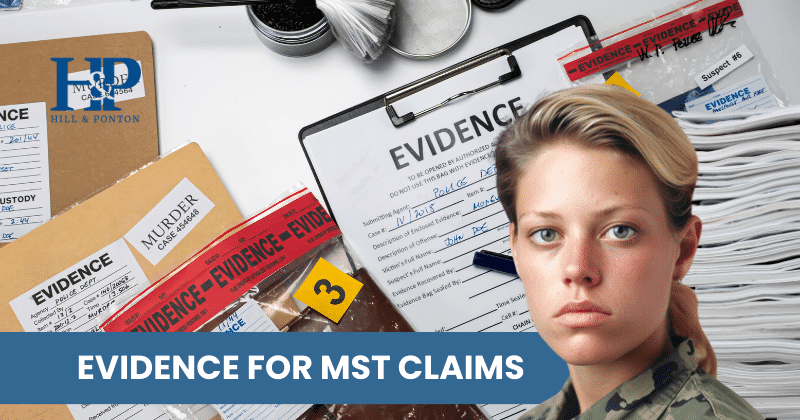VA does rate the medical condition dysthymia, also known as persistent depressive disorder, for service-connected disability compensation. Dysthymia is an often misunderstood chronic form of depression that lasts for two years or more. It can cause significant impairment in social, occupational, and other important areas of functioning.
In this article, we will define dysthymia and list some common symptoms specific to this condition. We will also discuss how dysthymia is different from Major Depressive Disorder. Next, we will discuss service connection for persistent depressive disorder and the VA rating schedule for mental health conditions. Finally, we will discuss TDIU and how it may be awarded to veterans with this diagnosis.
What is Dysthymia (Persistent Depressive Disorder)?
Dysthymia is different from major depressive disorder in that the symptoms are less severe and more chronic. However, Persistent Depressive Disorder can be just as devastating and insidious as major depressive disorder.
Many people with this condition struggle to maintain employment and relationships. They often have low self-esteem and difficulty making decisions. As a result, they may also suffer from anxiety or substance abuse disorders.
Common Symptoms of Dysthymia
- Feeling down, sad, or hopeless most of the day
- Loss of interest or pleasure in activities that were once enjoyed
- Significant weight loss or gain, or increase or decrease in appetite
- Sleeping too much or having difficulty sleeping
- Feeling tired or unexplainably having little energy
- Having low self-image
- Little to no concentration
As you can see, these symptoms have a lot of overlap with Major Depressive Disorder. Patients with Persistent Depressive Disorder often experience “double depression”; this is where the veteran goes through dysthymic periods that last over two years and suffers from a major depressive episode for at least two weeks during that time period.
Yeah, it is as miserable as it sounds, but hope is out there! VA recognizes Persistent Depressive Disorder as a service-connected disability.
Service Connection for Persistent Depressive Symptoms
In order to receive direct service connection for VA disability benefits due to Persistent Depressive Disorder, veterans must have evidence of the following:
- A current diagnosis of Persistent Depressive Disorder by a VA mental health professional or VA-recognized private mental health professional
- Proof that the Veteran’s symptoms began during active military service OR within one year of discharge due to an in-service event or injury.
- A nexus opinion or statement linking the current dysthymia diagnosis to the in-service event OR injury referenced above.
There are a few different ways to establish service connections for disabilities in general. Two other alternatives come in the way of Secondary Service Connection and service connection via aggravation.
Secondary Service Connection for Dysthymia
With secondary service connection, the Veteran needs to prove that another condition that VA has recognized as service-connected (such as anxiety or PTSD) has caused or aggravated their dysthymia as a secondary issue.
Service Connection via Aggravation
In order for VA to grant service connection for dysthymia as an aggravated condition, the Veteran must have a pre-existing diagnosis of dysthymia. The aggravation can be due to VA treatment or another VA-recognized disability. Sometimes, if someone has depression before they join the military, something that happens during their time in service might make their depression worse. If this is the case, they might be able to get disability benefits for aggravation if they can prove the facts with the necessary evidence.
VA Rating Schedule for Mental Health Conditions
The Veterans Benefits Administration (VBA) uses the VA Rating Schedule for Mental Health Conditions to evaluate the severity of a veteran’s mental health symptoms. The VA rates mental health conditions on a 0-100% scale, with 0%, 10%, 30%, 50%, 70%, or 100%.
The VA will consider the veteran’s symptoms, as well as how their mental health condition affects their social and occupational functioning, in order to assign a VA disability rating.
0% – Rather silly, but this is when VA recognizes the veteran has a service-connected mental health issue, but VA believes it doesn’t pose any significant day-to-day struggles or problems. Except, in order to be diagnosed with a mental health condition, the veteran must have notable detrimental symptoms.
Compensation & Pension Exam for Depressive Disorders
WThe VA usually sends veterans to a Compensation and Pension Exam to rate their mental health disorders. There, a doctor will look at all the veterans’ symptoms of depression and offer a medical opinion to the veteran’s claim.
This process can be hard to do fairly. Sometimes the VA will give a low disability rating, or they might say that you don’t qualify for benefits. This doesn’t mean you shouldn’t apply if you’re feeling depressed.
It is important to understand how the VA rates mental health conditions like persistent depressive disorder when filing a VA disability compensation claim. Veterans who learn about the claims process will know what to expect and have a better chance of getting the disability rating they deserve.
TDIU for Persistent Depressive Disorder
TDIU is a way for veterans to receive 100% VA disability benefits without having to meet the normal requirements, which would otherwise be extremely difficult for mental health conditions. In order to qualify, a veteran must prove that their service-connected condition(s) prevent them from holding gainful employment, and they must meet specific TDIU requirements.
Gainful employment is defined as work that brings in enough income to live above the poverty line. There are two ways to qualify for TDIU; VA must determine that the veteran’s single disability rated at least 60% disabling is preventing them from holding gainful employment.
The other way is through combined ratings. The veteran must have a combined disability rating of 70% or higher, with one condition being rated at least 40% or higher. You can learn more about that here.
If you’ve been denied VA disability benefits for dysthymia, don’t give up. The VA rates this condition very seriously, and you may be entitled to compensation. Our team of experts is ready to help you appeal a successful claim for a service-connected disability. Give us a call today, and let’s get started.




